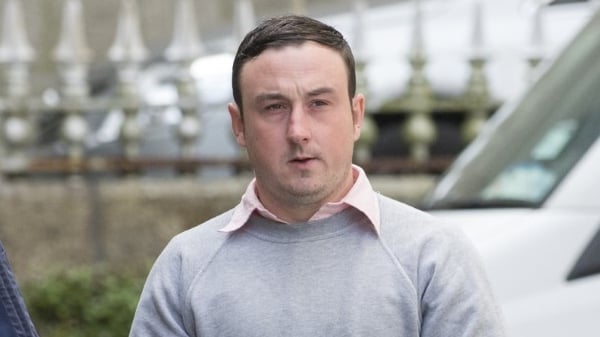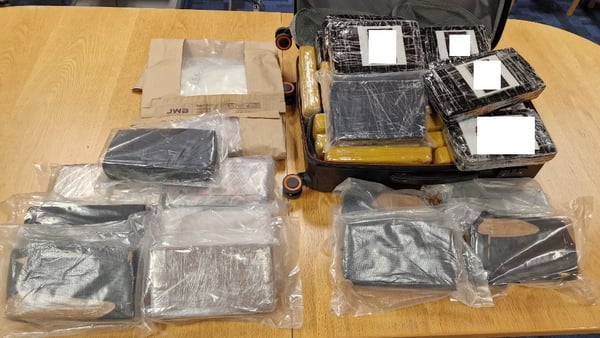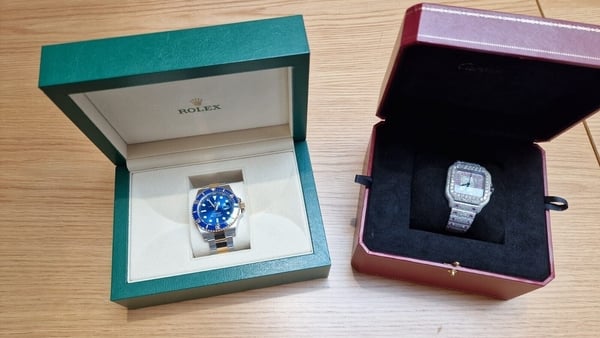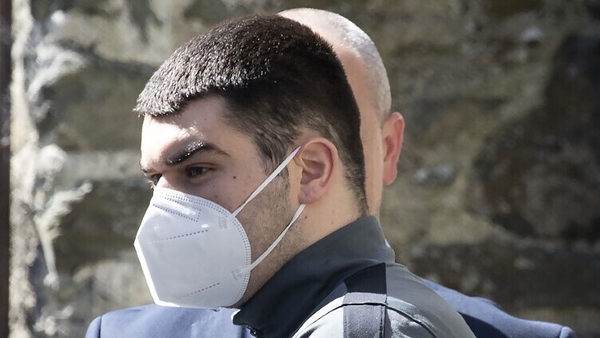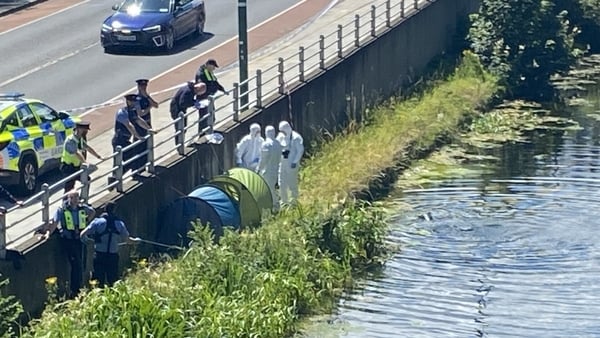Anti-migrant, anti-nationality and racist sentiments have for the first time become the most prevalent motive for hate crimes, according to new garda figures.
Hate has emerged as a motive primarily in public order offences but also in minor assaults and criminal damage, with the largest proportion of crimes recorded in Dublin.
Hate crimes and hate incidents are recorded and investigated where it is believed a perpetrator’s hostility or prejudice against any person, community or institution is on the grounds of the victim’s age, disability, race, colour, ethnicity, religion, sexual orientation or gender.
The crime has continued to increase over the past two years.
Gardaí said 651 hate crimes and hate-related incidents were reported last year, an increase of 12%.
In 27% of all cases, the motive was racist, followed by anti-nationality at 18% and anti-sexual orientation in 16% of all cases.
It is the first time in the three years that the figures have been recorded that anti-nationality has overtaken anti-sexual orientation, which gardaí believe reflects a growing anti-migrant and anti-immigrant sentiment in the country.
Much of this sentiment is fuelled by far-right activists online and at protests along with disinformation and misinformation deliberately circulated on social media.
The largest number of hate crimes, 27% were public order offences, followed by minor assaults at 16% and criminal damage - not by fire - at 9%.
Gardaí said the emergence of hate as a motive in 3% of the reported criminal damage by fire cases is reflective of the increase in arson attacks on properties, some of which had not been designated for International Protection applicants.
Most hate crime took place in Dublin, at over 44% last year, followed by the northwest at 21%, the south at 19% and the east of the country at 16%.
Gardaí said there are now over 500 Garda Diversity Officers working across the country who engage with minority communities and individuals on a daily basis.
The officer in charge of community engagement said that while it is disappointing that these incidents continue to occur and increase, it is positive that victims are coming forward.
We need your consent to load this rte-player contentWe use rte-player to manage extra content that can set cookies on your device and collect data about your activity. Please review their details and accept them to load the content.Manage Preferences
Chief Superintendent Padraic Jones said everyone has a right to live safely and being targeted because of a characteristic has an enormous and often life-altering impact on a victim, and as a society we must continue to reject hate and discrimination.
He also moved to reassure victims of hate crimes that gardaí take reports of these crimes seriously and will fully investigate each case while also providing support.
Chief Supt Jones said that hate crime training has been delivered across the entire organisation while personnel have also been provided with human rights policing courses and cultural awareness training.
He told RTÉ's Morning Ireland that there is an online reporting service for people who wish to report crimes.
"We have engaged with a number of civil society and non-governmental organisations to develop a third-party referral process.
"So if an individual wants to report to a trusted third party, who have an agreement with regard to the opponent, we will take that report as it has been made to the third party as if it was made by the individuals themselves," Chief Supt Jones said.
He added that there has been a year-on-year increase in hate crimes, and this reflects both an increase in reporting and crimes.
Out of the 651 reports made last year, 103 are hate related, non-crime incidents, Chief Supt Jones said, and this means there will be no follow up prosecutions.
However, the remaining 548 are at varying levels of investigation and could result in cautions or direction from the Director of Public Prosecution to pursue further, he added.

